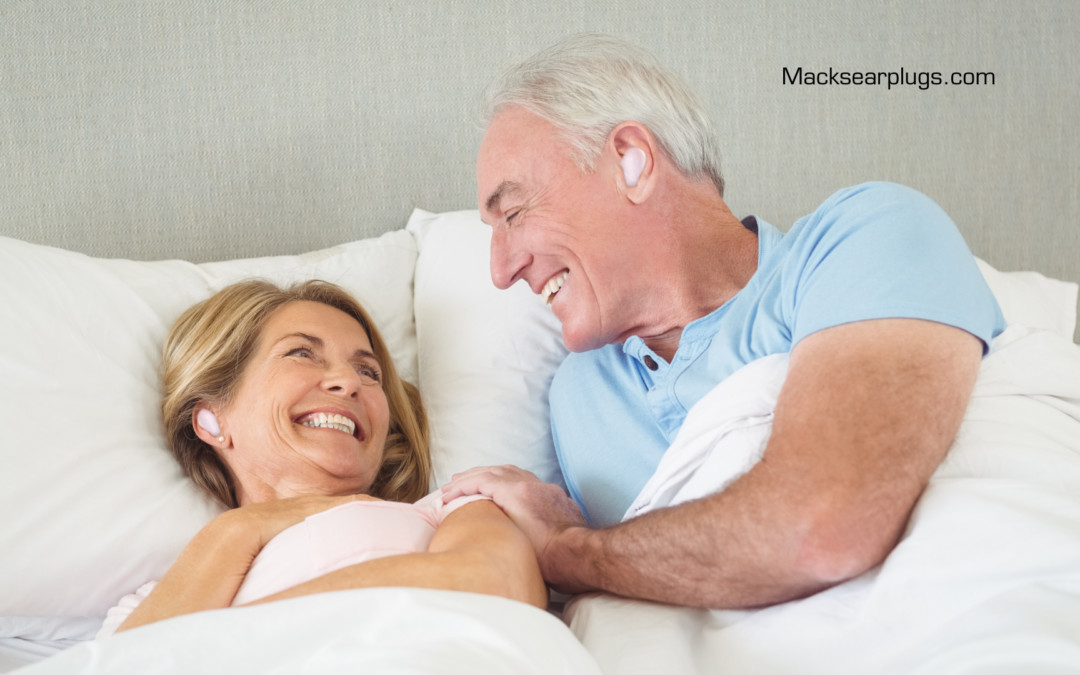Sleep and Senior Health: How Technology Can Improve Your Sleep Cycle
Older adults need 7-8 hours of sleep every 24 hours to maintain their physical and mental health, according to the National Sleep Foundation. Unfortunately, half of all older adults have some form of sleep difficulty, including longer sleep onset times, more awakenings during the night, and unnecessarily early wake-up times. Sleep difficulty can be caused by poor sleeping habits, pain or medical conditions, sleep disorders, medications, stress, lack of exercise, and a poor sleeping environment. Luckily, modern technology has created various innovations that seniors can use to improve their sleep quality and quantity.
Consequences of poor sleep
As we age, sleep deficiency can affect how we think, work, learn, react, and get along with others. According to the National Heart, Lung, and Blood Institute, sleep deficiency alters activity in parts of the brain, which causes older people to have trouble solving problems, making decisions, controlling emotions and behavior, and coping with change. Sleep deprivation can also lead to various short or long-term health problems. For one, sleep deprivation weakens the immune system which can make the body susceptible to common infections. Sleep deficiency also increases the risk of obesity, high blood pressure, and type 2 diabetes. Seniors who don’t get enough sleep are also more likely to forget things like names, numbers, or important events in their lives.
Using technology to improve sleep
We are living in an exciting time of innovation with many products designed to enhance sleep now available, especially for seniors who prefer to age in place. There are devices designed to optimize the sleeping environment by controlling light, noise, humidity, and temperature. For example, white noise devices can fill the bedroom with relaxing sounds that promote sleep.
There are also technologies that have been invented to treat common sleep disorders. The Continuous Positive Airway Pressure (CPAP) device, for instance, has revolutionized the treatment of sleep apnea and snoring. There are also apps, earplugs and wearable sleep trackers like the Fitbit wristbands that monitor your sleeping habits so that you know what to change.
As we get older, sleep becomes a vital part of our health and well-being because it keeps the body healthy and ready for another day. If you haven’t been getting enough sleep, find out what could be the reason behind it and fix it. If you need to, work with your doctor to identify underlying problems that could be affecting your sleep quality and come up with solutions.
Contribution by freelance writer Karoline Croft

